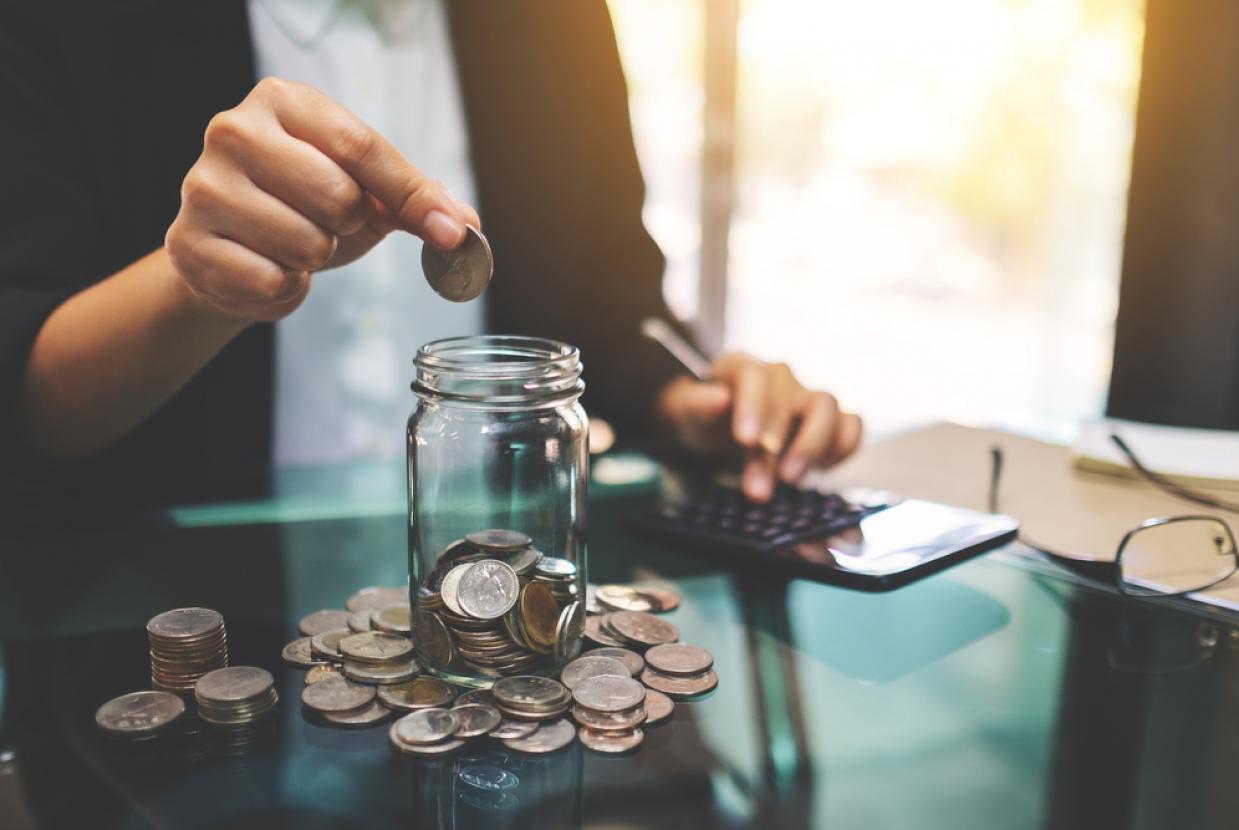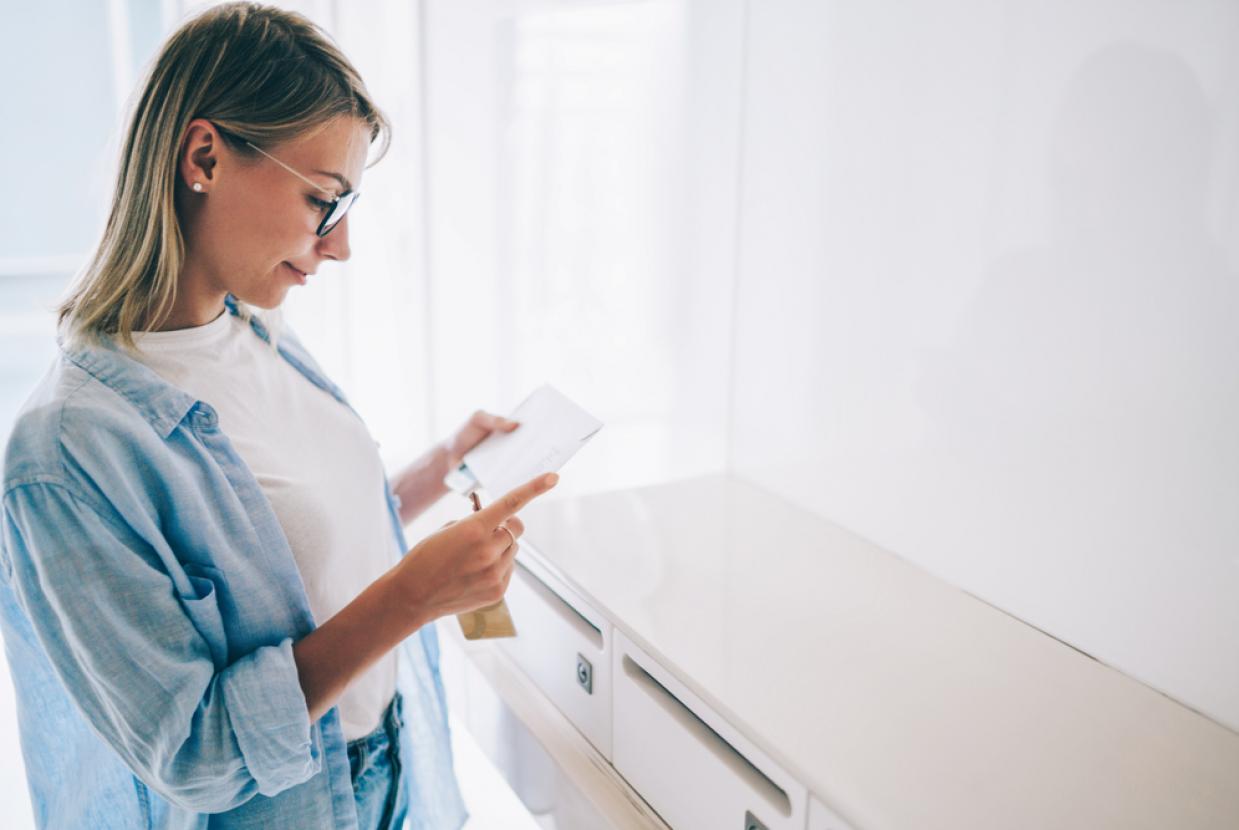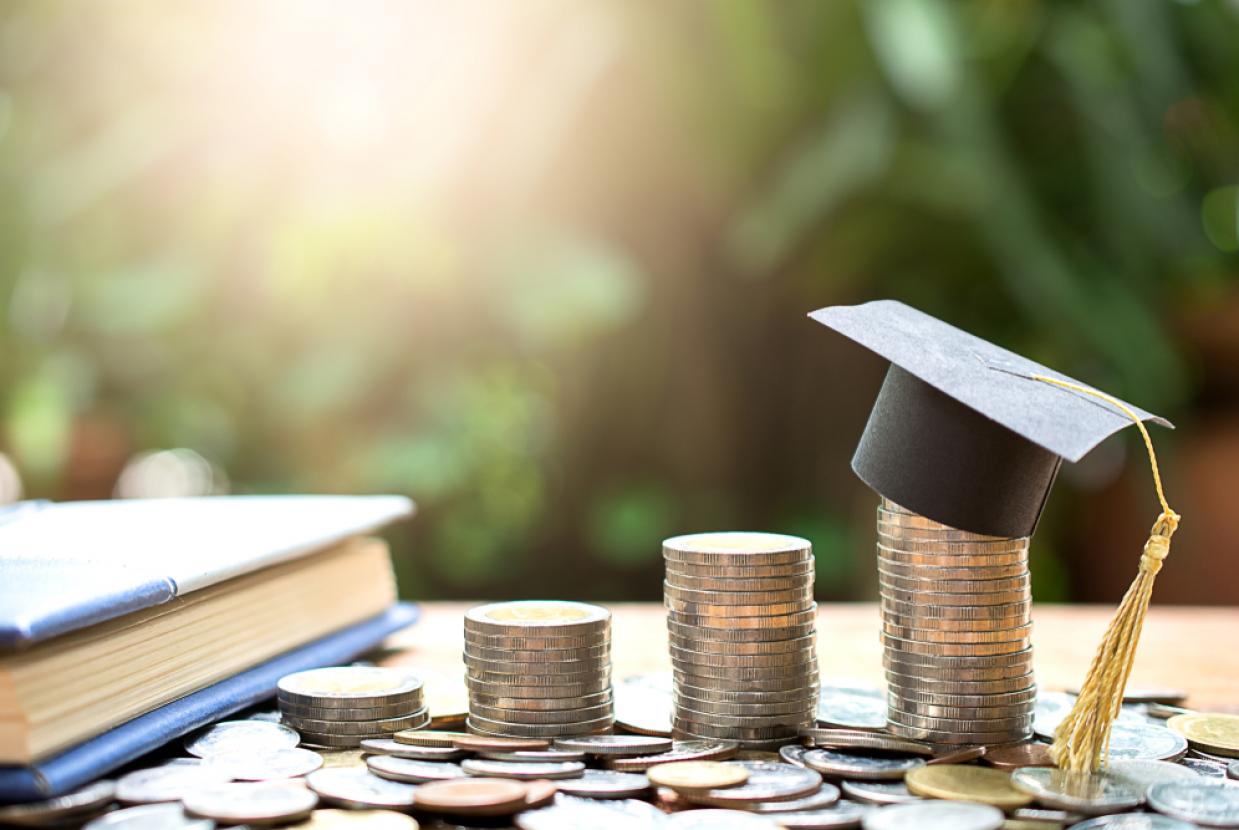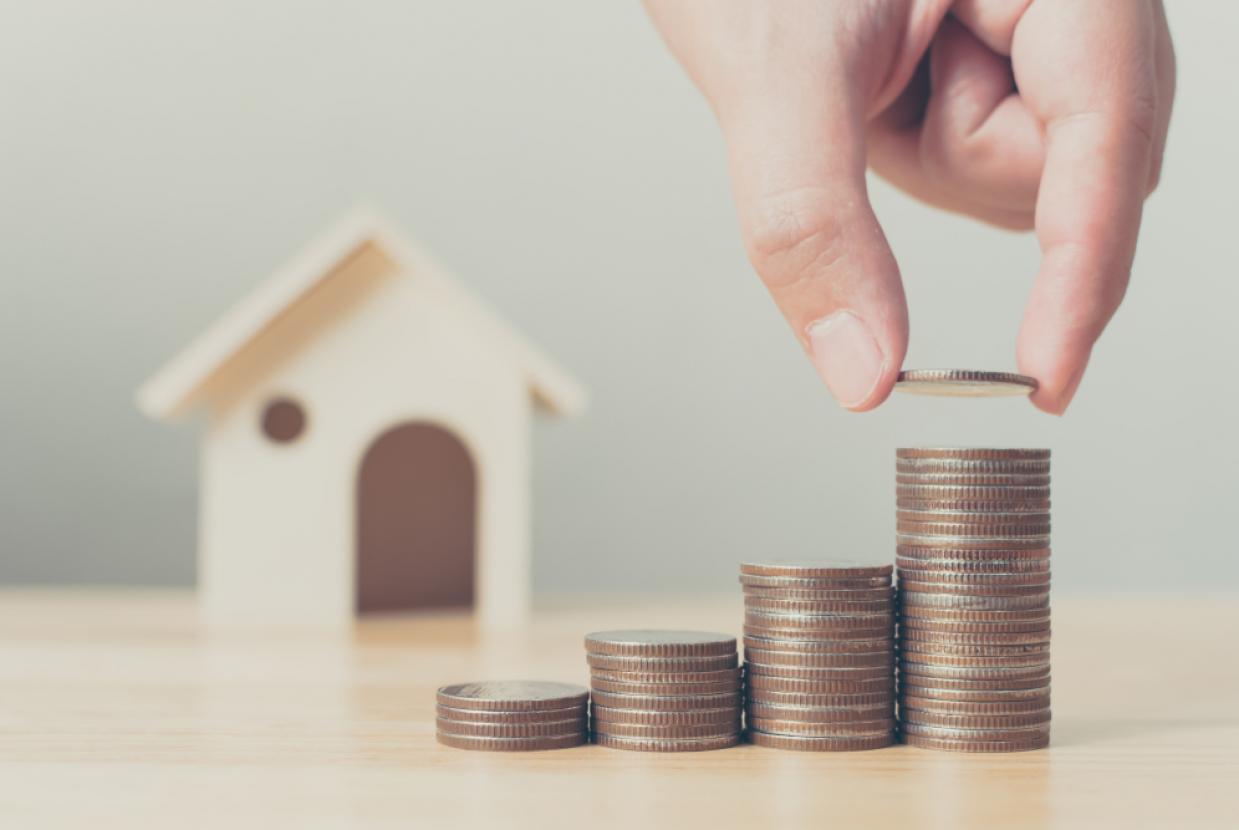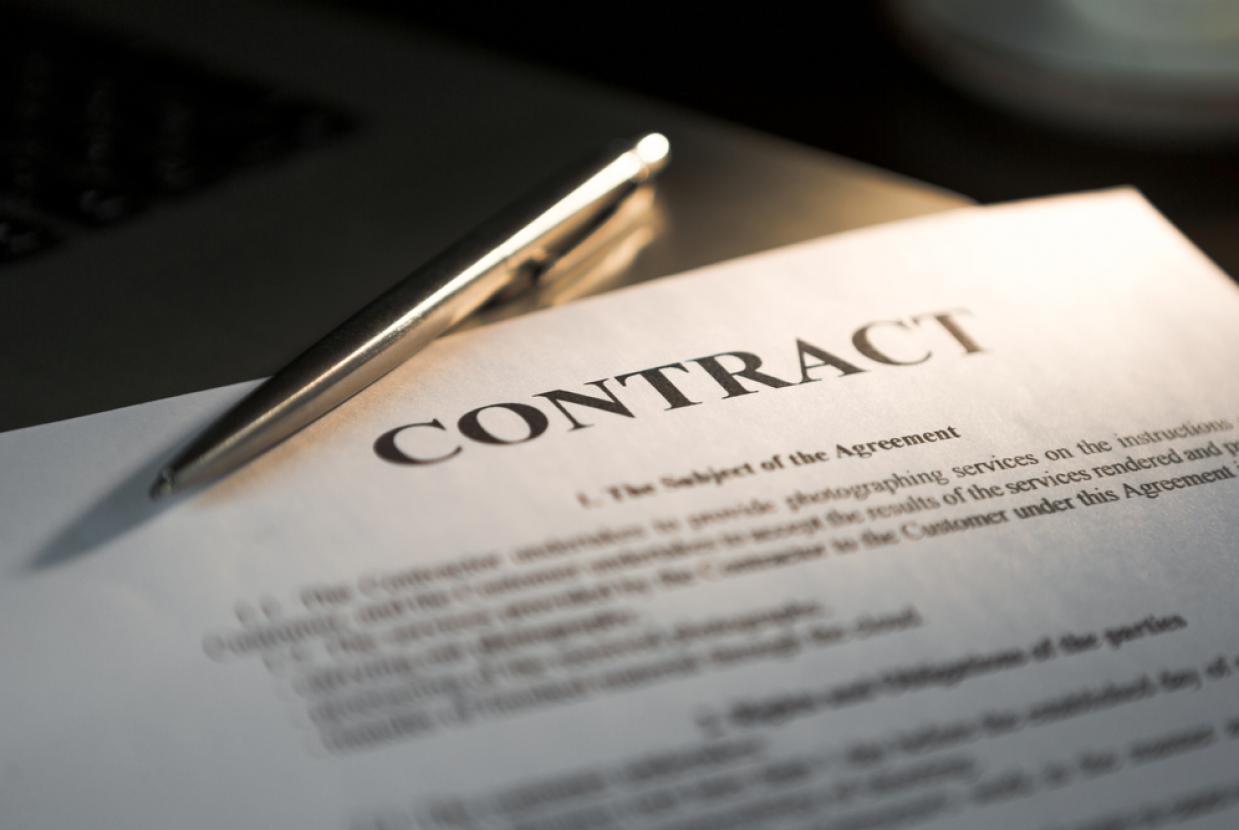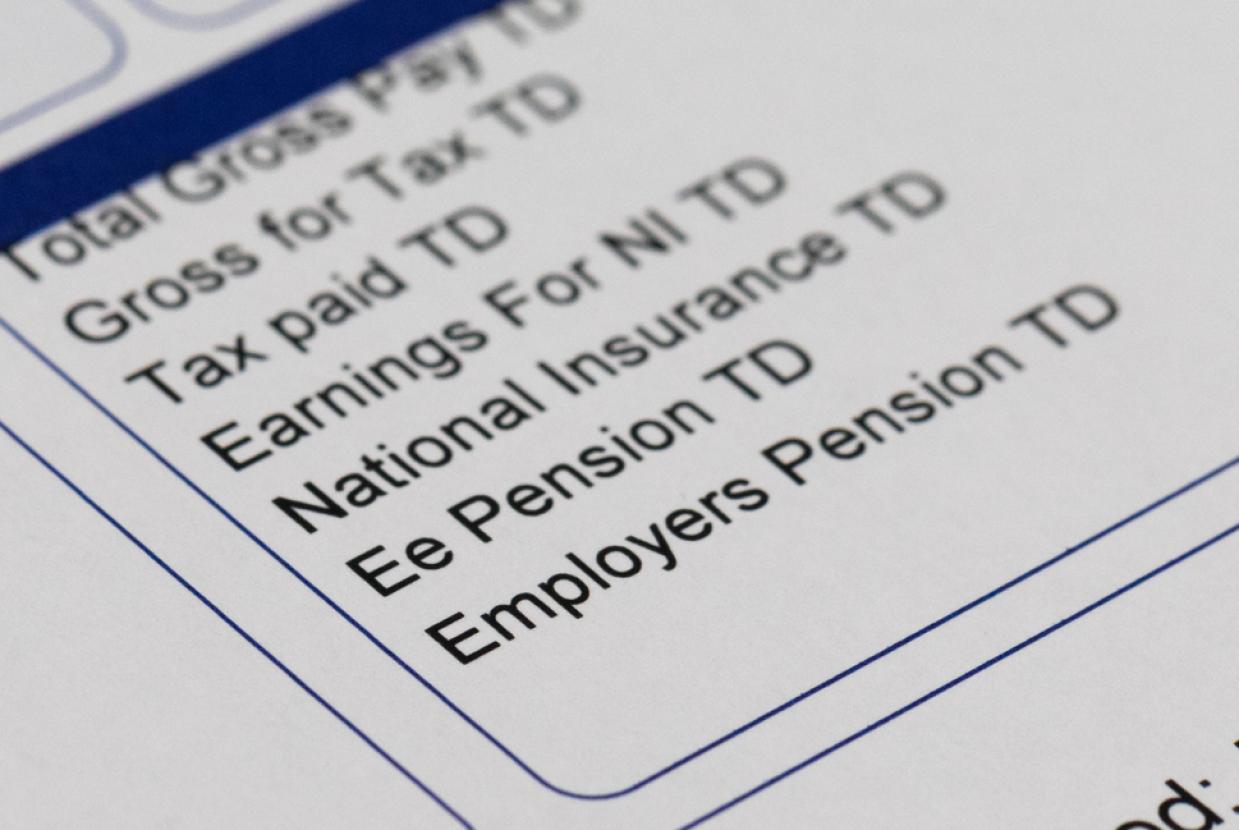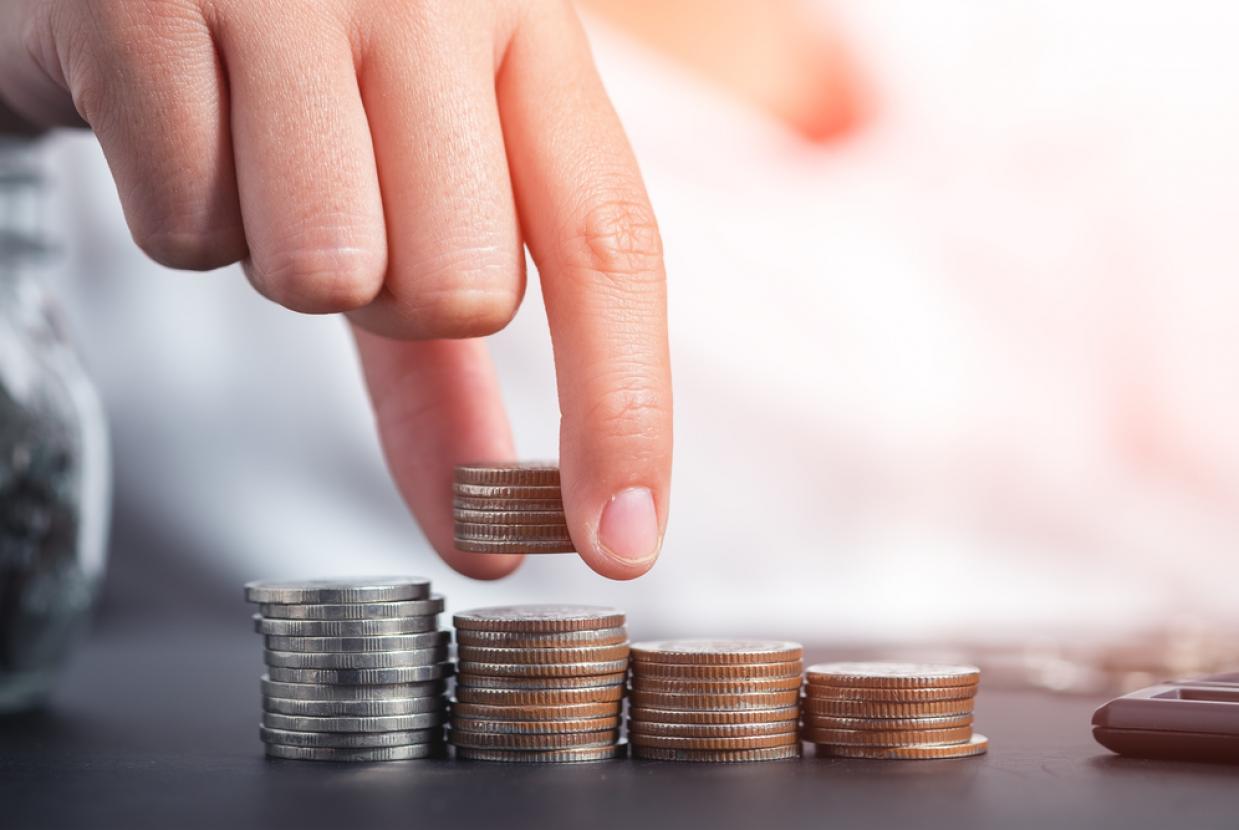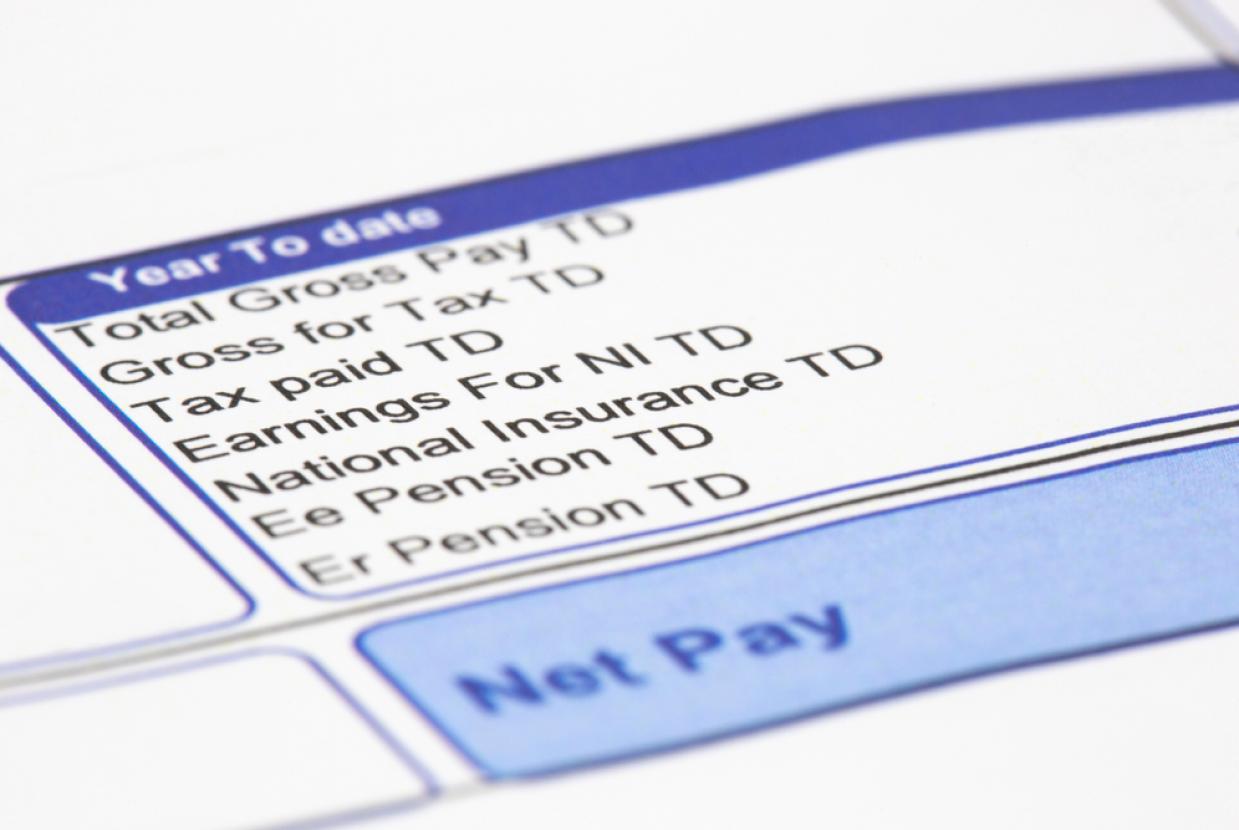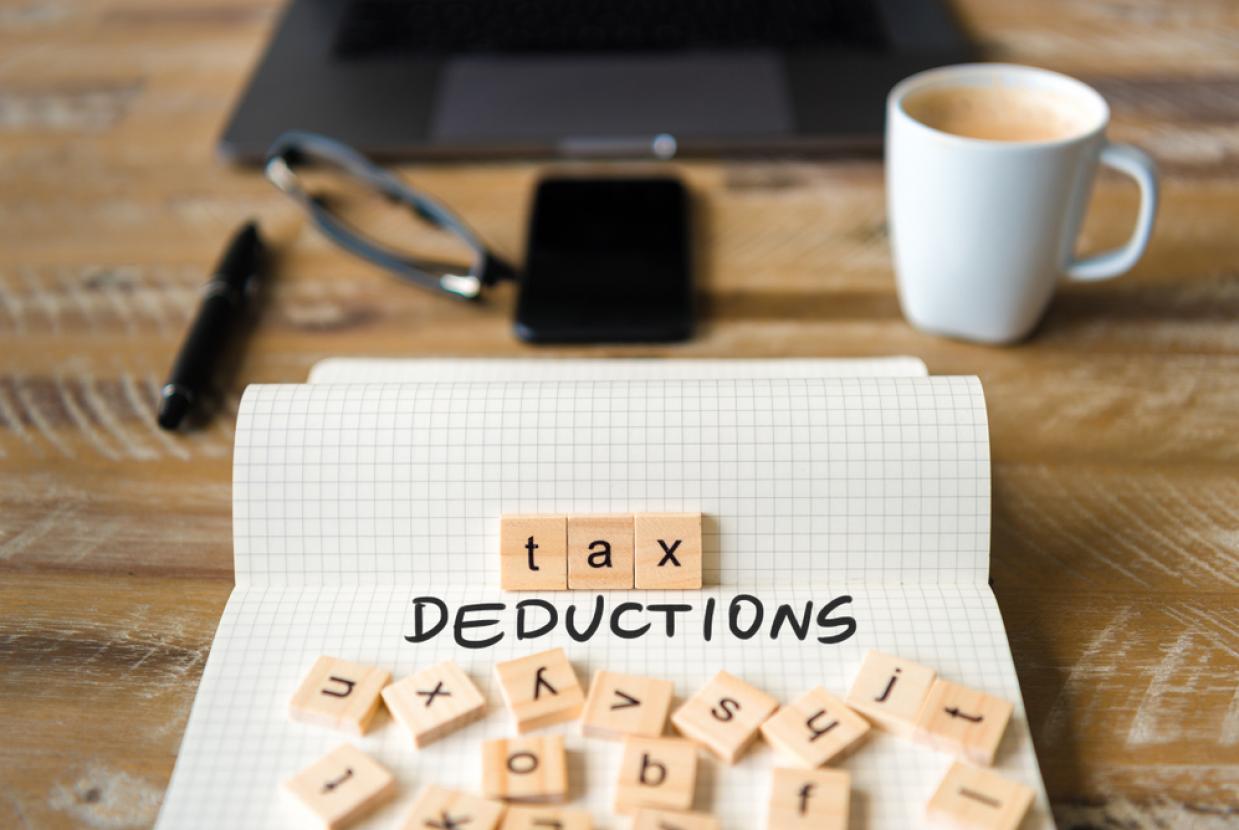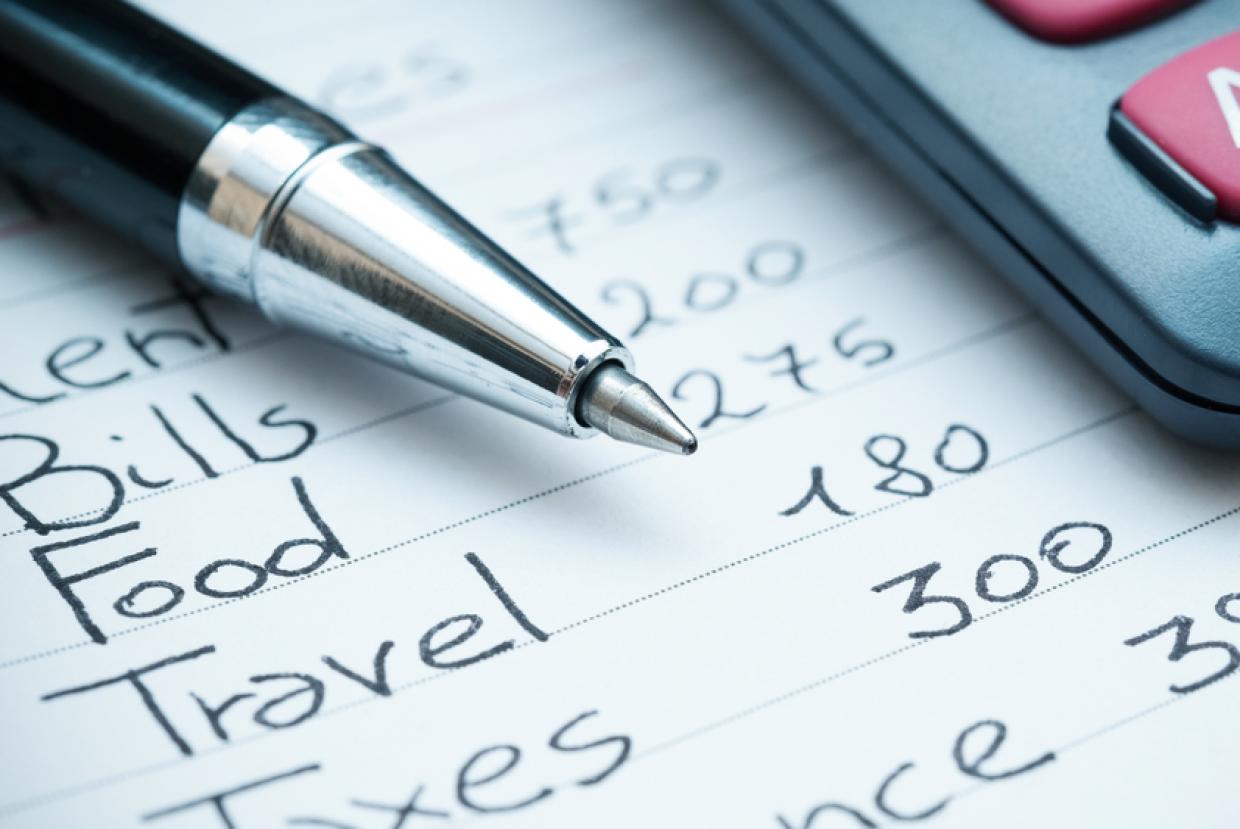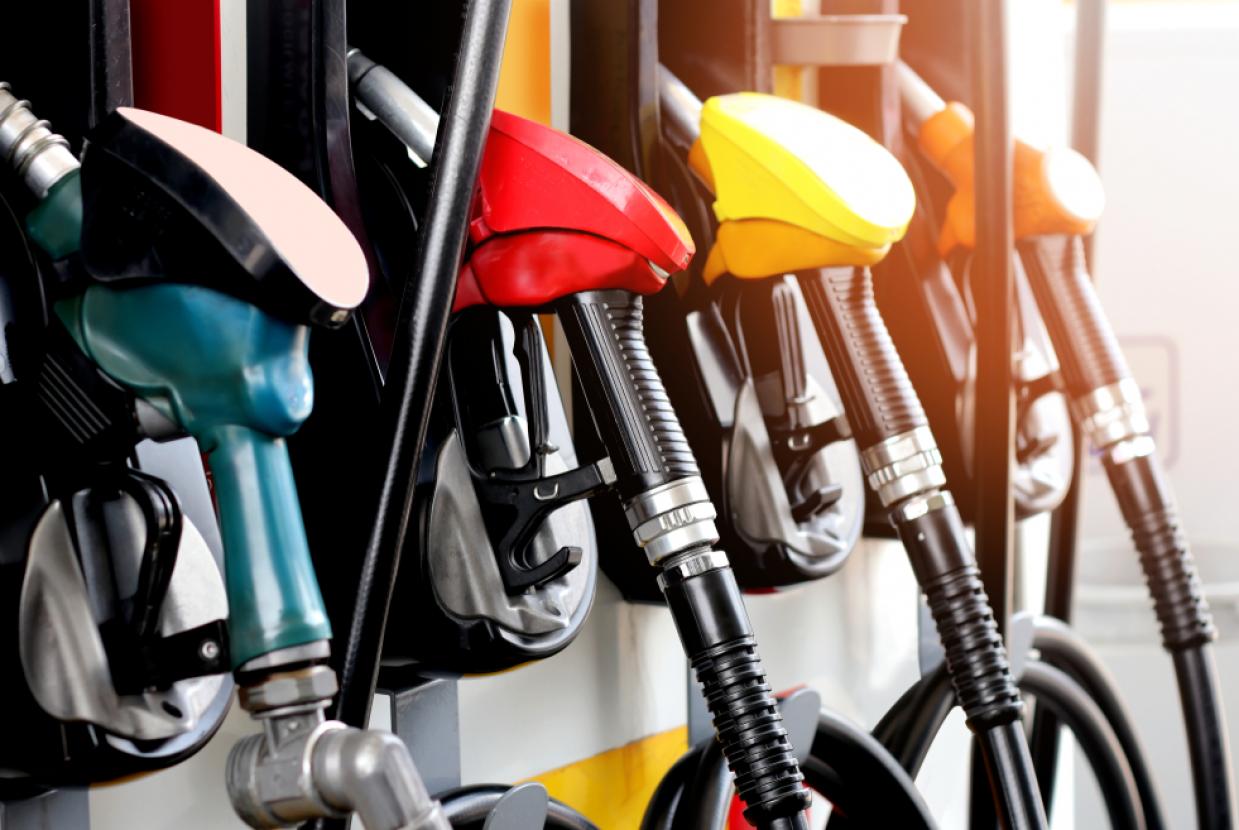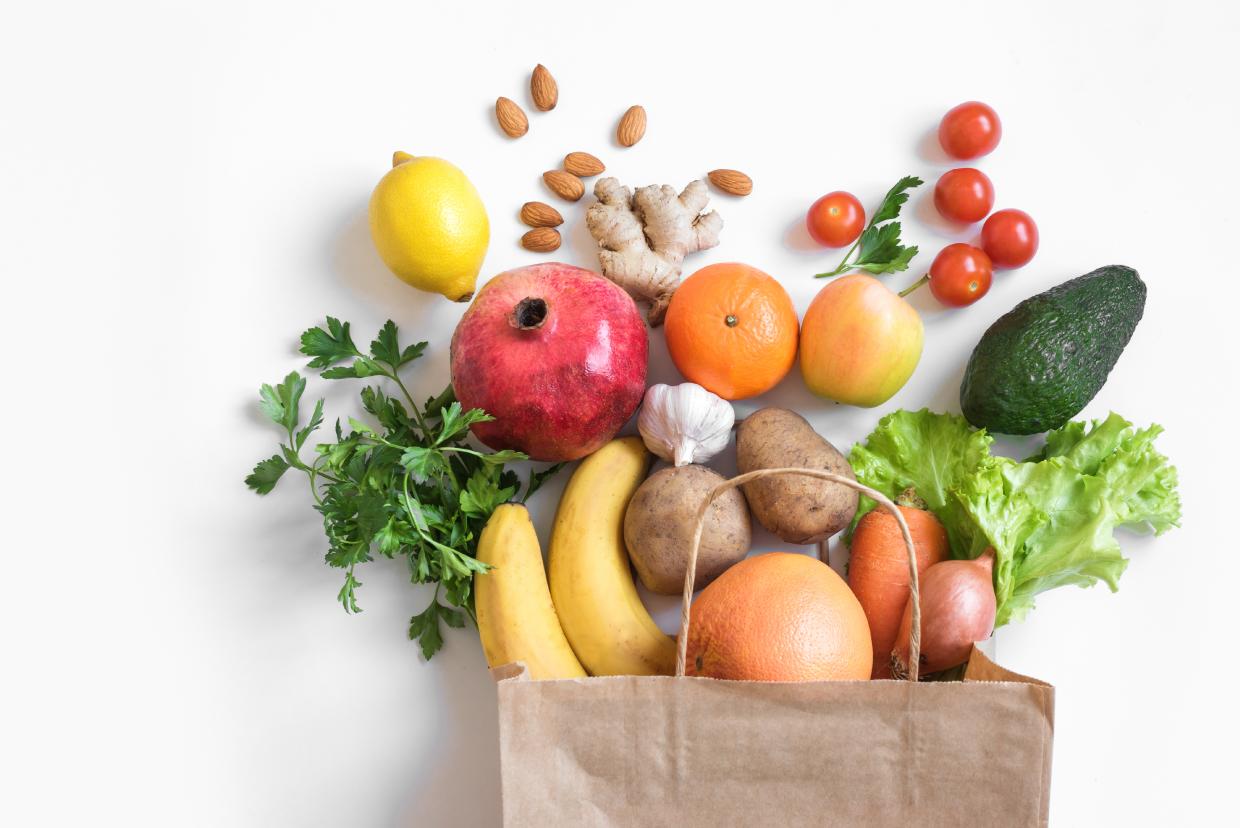Starting a Saving Habit
There are lots of different ways to reach your savings goals, including different saving accounts and products that will help you out.
We’ve put together this easy-to-read section to give you guidance on saving for specific goals, like a house or holiday, as well giving you general tricks to help keep your saving on track. We also give you a rundown of all the different savings products out there and when to use them. Want to know more? Click here.
We’ve all been told it’s good to save, but what exactly are you saving for and where should you save it? Find out why it’s a good idea to save regularly whatever your age, and the saving options available to you.
Why save?
There are three main reasons for saving regularly:
- For emergencies: to make sure there’s money available if something unexpected happens, such as your car breaking down. Find out more about emergency savings
- To fund luxuries: this might include a holiday or buying a new car, or things such as a tablet, computer or new phone.
- To live comfortably in the future: although it might seem very far away, when you stop working, your income will go down and you’ll probably have to rely on money you’ve saved to keep up a reasonable standard of living.
How to save
If you have any money left over at the end of the week or month that you don’t need for essentials, try to save it.
Think about saving when you’ve paid your main bills. If you find that you can do this, try to set aside some of your monthly income into a savings account.
Where to save
If you pay your money into a bank, building society or credit union, they’ll pay you interest on it – see it as a reward for allowing them to have use of your money.
Every bank, building society or credit union has a range of different savings products, and each of them pays different interest rates.
The two most common savings products are ISAs and savings accounts.
ISA (Individual Savings Account)
These are very popular as they are a tax-free way of saving or investing. You don’t have to pay Income Tax or Capital Gains Tax on money saved or invested within an ISA.
On many other savings products, you would pay tax on the income you earn. And you might be liable for Capital Gains Tax on any profits from your investments.
You can save up to £20,000 until the end of the current tax year in April 2022. You can save in cash, invest in stocks and shares, or a mixture of the two.
Savings accounts
Nearly all banks and building societies offer savings accounts that pay some interest, and they all have slightly different features.
There are usually no limits on how much you can save in these each year. And often, the more money you put in, the higher the interest rate you get.
If you’ve used up your saving allowance on your ISA, you might want to open a savings account for any extra money you can save.
How to find the best savings account
There are lots of things to look out for in a savings account to make sure it meets your needs. These include:
- the amount of interest paid
- how quickly you can take out your money if you need to
- the minimum amount of money you have to put in (either to open the account, or each month).
Why not join the MoneyHelper Facebook group for saving tips?


